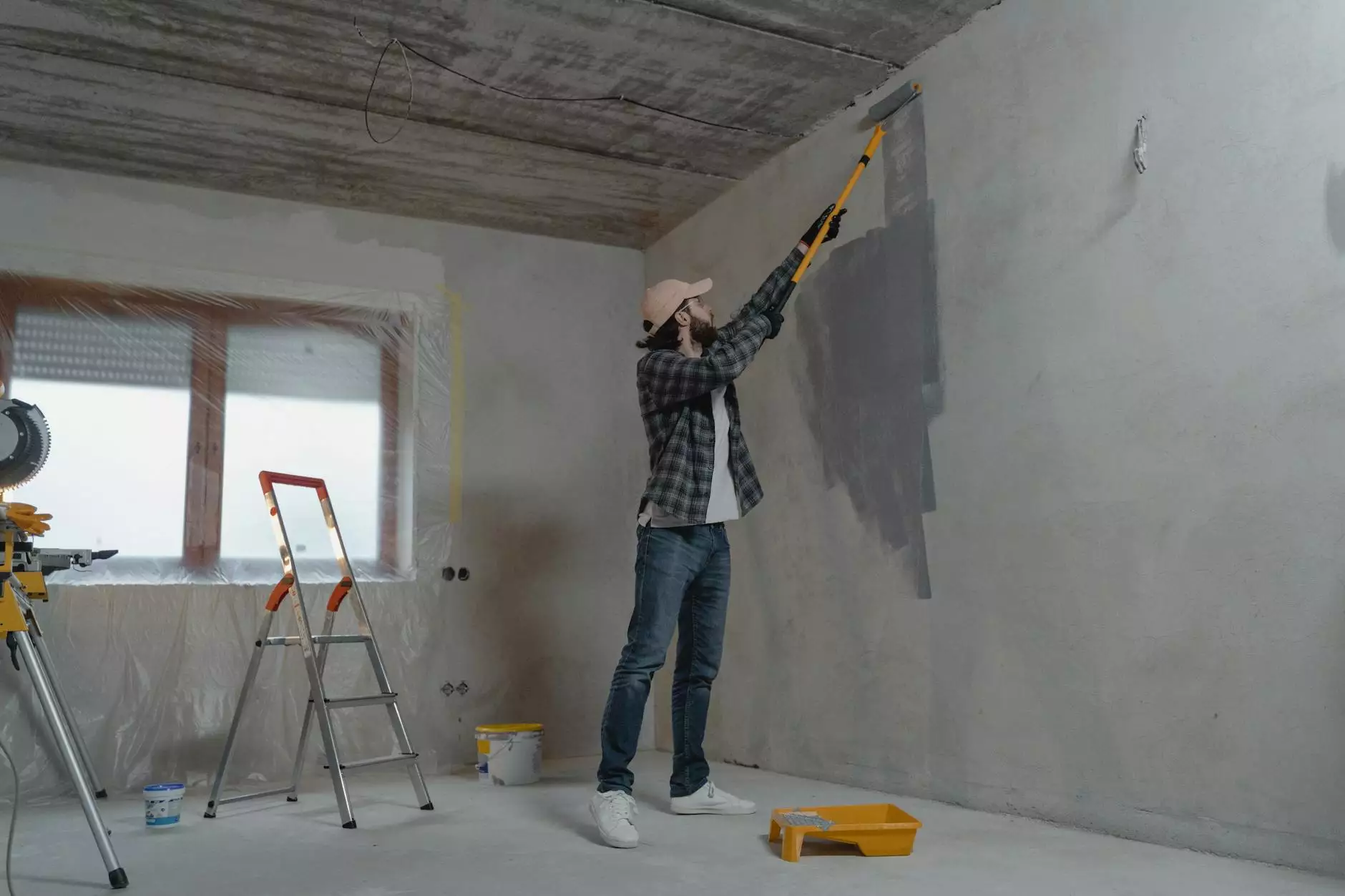Electric Injection Moulding Machine: Innovations in Metal Fabrication

The electric injection moulding machine has emerged as a groundbreaking technology that significantly enhances the capabilities of metal fabricators. In a world where efficiency and precision are imperative, businesses are increasingly shifting their focus towards advanced manufacturing solutions that ensure superior quality while optimizing productivity. This article delves deeply into the various facets of electric injection moulding machines, exploring their advantages, manufacturing processes, applications, and much more, all tailored for professionals in the metal fabricators industry.
Understanding Electric Injection Moulding Machines
An electric injection moulding machine operates using electric power to control the entire injection moulding process. Unlike traditional hydraulic systems, which consume significant energy and require extensive maintenance, electric machines are designed to be more environmentally friendly and cost-effective. Electric injection moulding machines utilize servo motors for precise control, ensuring accuracy and repeatability in manufacturing.
How Electric Injection Moulding Machines Work
The operation of an electric injection moulding machine involves several stages:
- Material Feeding: Raw materials in the form of pellets are fed into the machine’s hopper.
- Melting: The pellets are then heated until they melt and reach a liquid state.
- Injection: The molten material is injected into a mould under high pressure.
- Cooling: The injected material is allowed to cool and solidify within the mould.
- Demoulding: The finished product is removed from the mould.
Advantages of Electric Injection Moulding Machines
Electric injection moulding machines offer numerous advantages that make them essential tools in the metal fabrication industry:
- Energy Efficiency: These machines consume up to 70% less energy compared to hydraulic machines due to efficient servo motor technology.
- Precision: Electric systems provide exceptional control over the injection process, leading to high dimensional accuracy.
- Reduced Noise Levels: The operation is much quieter, which not only enhances workplace comfort but also adheres to noise regulations.
- Less Maintenance: With fewer hydraulic components, electric injection moulding machines require less maintenance, reducing downtime.
- Improved Cycle Time: The rapid response of electric motors contributes to faster processing times, enhancing productivity.
Applications of Electric Injection Moulding Machines in Metal Fabrication
Electric injection moulding machines find their applications in various sectors within the metal fabricators industry. Some notable applications include:
1. Automotive Parts Manufacturing
In the automotive sector, parts fabrication requires precision and durability. Electric injection moulding machines enable manufacturers to produce components with intricate designs, ensuring both functionality and aesthetic appeal.
2. Aerospace Components
The aerospace industry has stringent quality requirements. Electric injection moulding machines facilitate the production of lightweight and robust components, critical for aerospace applications.
3. Medical Devices
In the medical field, safety and quality are paramount. These machines allow for the manufacturing of precise medical devices that comply with industry standards.
4. Electronics
The electronics industry relies heavily on precision components. Electric injection moulding machines produce casings, connectors, and other components with high accuracy and repeatability.
Factors to Consider When Choosing an Electric Injection Moulding Machine
When selecting an electric injection moulding machine for your operations, consider the following factors:
- Machine Size: Ensure the machine size aligns with your production needs and available space.
- Injection Speed: Evaluate the injection speed to meet your production cycles and efficiency goals.
- Control Systems: Advanced control systems enhance ease of operation and automation capabilities.
- Mould Compatibility: The machine should accommodate the types of moulds you plan to use.
- Brand Reputation: Choose machines from reputable manufacturers known for quality and customer service.
Future Trends in Electric Injection Moulding Machines
The future of electric injection moulding machines is promising, with several trends poised to reshape the industry:
1. Smart Manufacturing Integration
With the rise of Industry 4.0, electric injection moulding machines are increasingly being integrated with IoT technologies, enabling real-time monitoring and analysis to enhance decision-making and operational efficiency.
2. Sustainability Focus
As environmental concerns continue to grow, manufacturers are focused on developing energy-efficient and recyclable production methods using electric injection moulding technology.
3. Advancements in Materials
New materials, including bio-based and high-performance polymers, are being developed, and electric injection moulding machines will be key in efficiently processing these advanced materials.
4. Enhanced Automation
The push for automation is becoming stronger, with electric injection moulding machines incorporating more robotic systems for handling and assembly, further reducing manual labor and increasing production efficiency.
Conclusion
The impact of the electric injection moulding machine on the metal fabricators industry cannot be overstated. Its advantages in energy efficiency, precision, and reduced maintenance make it an invaluable asset for modern manufacturing operations. As the industry continues to evolve, embracing technological advancements and sustainability practices, electric injection moulding machines will play a critical role in shaping the future of metal fabrication. For businesses looking to improve their manufacturing processes, investing in this technology is not just an option; it is a necessity.
For more information, visit deepmould.net to explore innovative solutions tailored to your metal fabrication needs.









